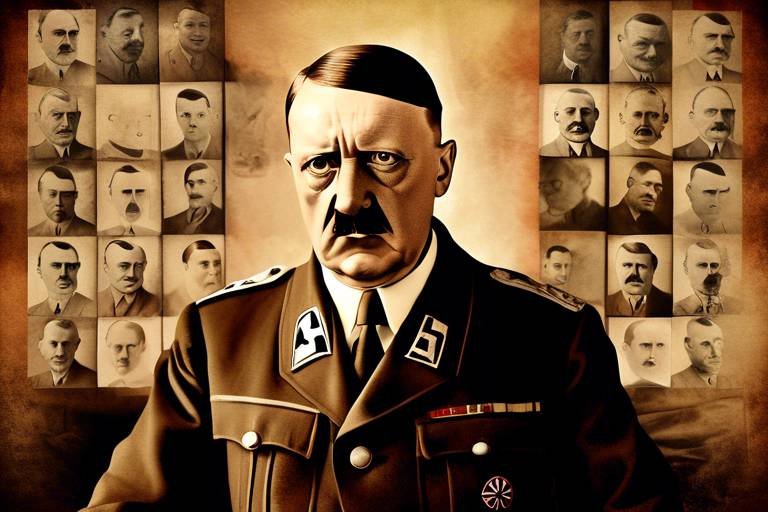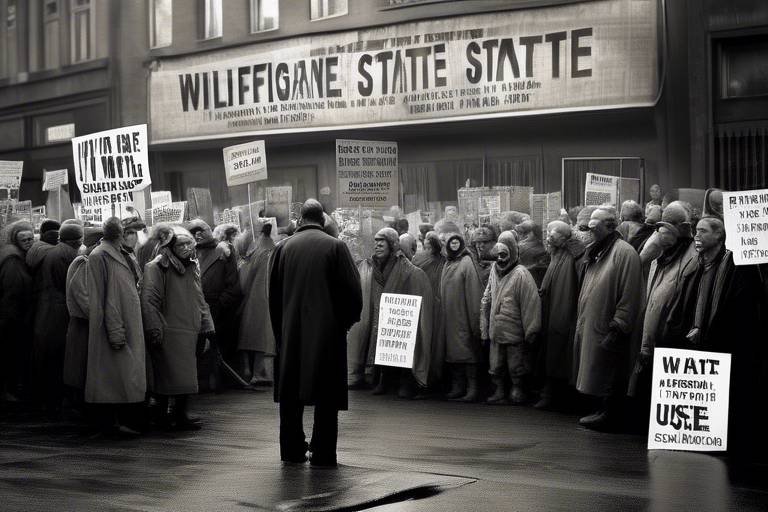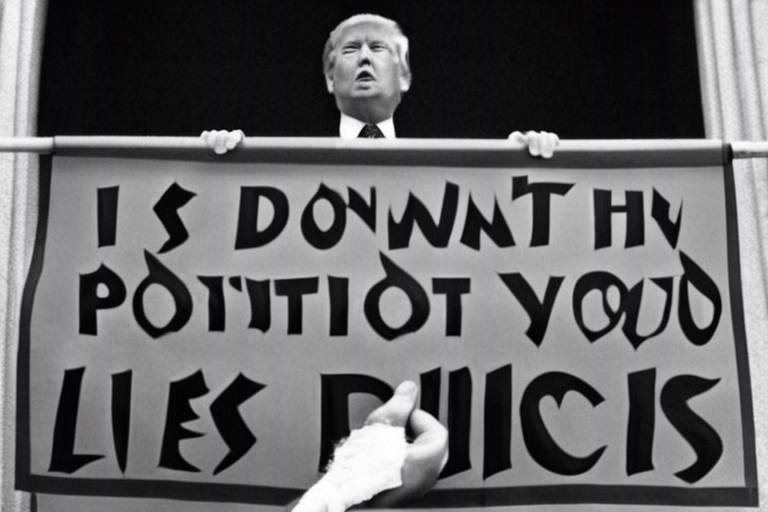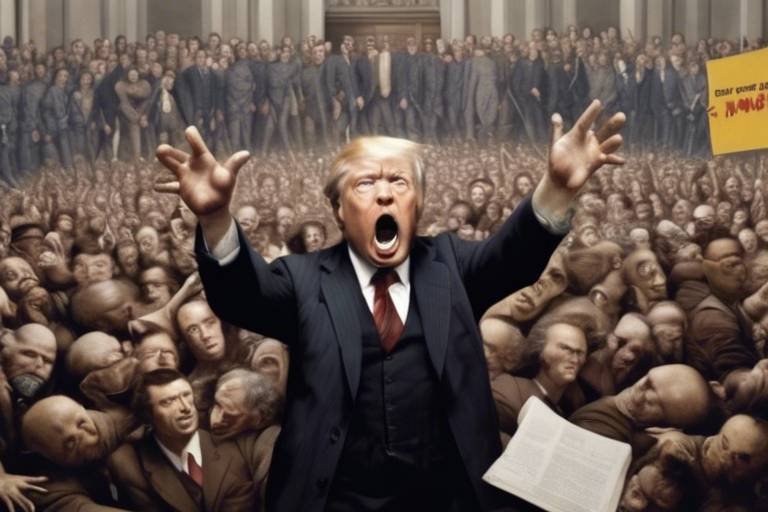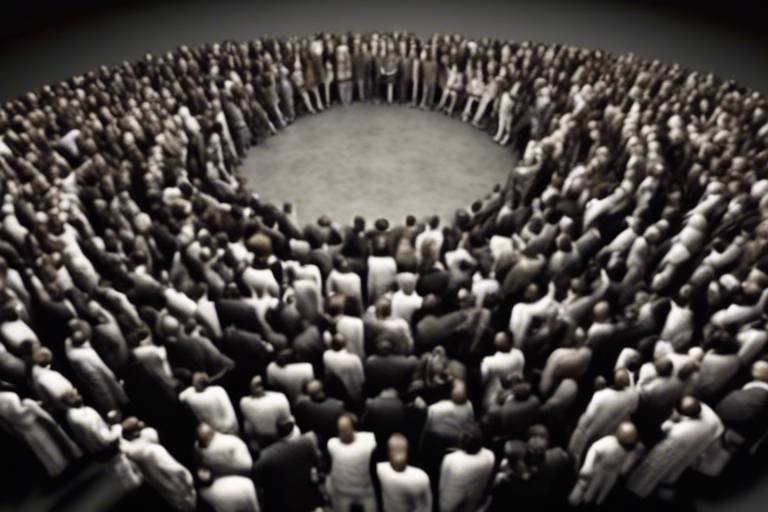Thomas Hobbes’s Political Philosophy - An Evaluation
Thomas Hobbes, a towering figure in political philosophy, has left an indelible mark on the way we understand governance, human nature, and society. His ideas, forged in the tumultuous times of the 17th century, continue to resonate in modern political discourse. At the heart of Hobbes’s philosophy is a striking assertion: that humans are fundamentally driven by self-interest and a primal urge for survival. This perspective not only shapes his views on the structure of society but also informs the necessity of a strong governing authority. In this article, we will delve into the core tenets of Hobbes's political philosophy, examining his insights on human nature, the concept of the social contract, and the implications of his ideas for contemporary governance.
Hobbes’s view of human nature is often described as deeply pessimistic. He believed that, at their core, humans are inherently selfish creatures, motivated primarily by a desire for self-preservation. This belief leads him to conclude that without a powerful authority to maintain order, society would descend into chaos. Imagine a world where every individual acts solely in their own interest—trust would evaporate, and conflict would reign supreme. In Hobbes's eyes, this chaotic state of existence is not just a possibility; it is a reality that underscores the need for governance. He famously stated that life in such a state would be “solitary, poor, nasty, brutish, and short.” This stark portrayal of human nature serves as the foundation for his political theories, emphasizing the necessity of a strong, centralized authority to curb humanity's baser instincts.
In Hobbes's philosophy, the state of nature is a hypothetical condition that represents a pre-political world where no authority exists. This state is characterized by an absence of laws and a lack of social order, leading to a "war of all against all." In such a scenario, individuals are in constant competition for resources, security, and survival. The absence of a governing body means that each person must fend for themselves, resulting in a chaotic environment filled with fear and violence. To escape this dismal reality, Hobbes argues that individuals must come together and establish a social contract, agreeing to surrender certain freedoms in exchange for the protection and order provided by a sovereign authority.
The social contract is a cornerstone of Hobbes's political philosophy. It represents the agreement individuals make to form a society by relinquishing some of their freedoms. This contract is not merely a legal formality; it is a profound transformation of human relationships. By entering into this agreement, individuals collectively decide to accept the authority of a sovereign power, which is tasked with enforcing laws and maintaining peace. This sovereign—whether a monarch or an assembly—must possess absolute power to effectively govern and prevent the return to the chaotic state of nature. The social contract, therefore, is a means of ensuring security and stability in a world otherwise fraught with danger.
Hobbes argues that to maintain peace and prevent societal collapse, the sovereign must wield absolute power. This concept of absolute sovereignty is crucial; it posits that only a strong, centralized authority can effectively manage the inherent conflicts of human nature. Without this power, Hobbes feared that society would revert to chaos, undermining the very purpose of the social contract. The sovereign’s decisions, while potentially oppressive, are justified by the need to maintain order and protect the populace. In this way, Hobbes’s philosophy raises important questions about the balance between authority and individual freedom.
According to Hobbes, the legitimacy of governmental authority stems from the consent of the governed. Individuals agree to the social contract not only for their own protection but also for the collective benefit of society. This mutual agreement forms the basis of political legitimacy, as the sovereign's power is derived from the people's consent. However, this raises a critical question: what happens when the sovereign fails to protect its citizens? Hobbes believed that while rebellion is generally unjustified, a failure to uphold the social contract could lead to a loss of legitimacy. This aspect of his theory invites ongoing discussions about the responsibilities of authority and the rights of individuals.
Hobbes's ideas have profoundly influenced contemporary political theory, especially in discussions surrounding authority, governance, and the role of the state in individual lives. His emphasis on the necessity of a strong sovereign can be seen in various political systems today, where the balance between security and freedom remains a contentious issue. Whether in debates about government surveillance or the extent of state intervention in personal lives, Hobbes's insights continue to provoke thought and discussion. His work invites us to consider the delicate interplay between maintaining order and protecting individual rights—a theme that resonates deeply in our current political landscape.
Despite his significant contributions to political thought, Hobbes's views have faced considerable criticism. Many argue that his portrayal of human nature is overly pessimistic, neglecting the capacity for cooperation and altruism among individuals. Critics contend that such a bleak view can justify authoritarian regimes, where absolute power is wielded without regard for individual freedoms. Furthermore, the implications of absolute sovereignty raise ethical concerns about the potential for tyranny and oppression. This has led to the development of alternative theories by political philosophers such as John Locke and Jean-Jacques Rousseau, who emphasize human cooperation and the potential for positive governance.
In contrast to Hobbes, philosophers like Locke and Rousseau propose theories that highlight the importance of individual rights and the potential for a more collaborative approach to governance. Locke, for instance, argues that individuals possess natural rights that must be protected by the government, while Rousseau emphasizes the idea of the general will as a means of achieving collective good. These alternative perspectives challenge Hobbes's notion of absolute power, suggesting that a more democratic approach can lead to a more just society.
Despite the critiques and the emergence of alternative theories, Hobbes's political philosophy remains relevant in today's discussions about state authority, individual rights, and the balance between security and freedom. As we navigate complex societal issues, his insights prompt us to reflect on the nature of power and the responsibilities of both the government and its citizens. In an era marked by global challenges and political upheaval, Hobbes's work serves as a reminder of the delicate balance that must be maintained to ensure a stable and just society.
- What is the main idea of Hobbes's political philosophy? Hobbes's political philosophy centers around the belief that humans are inherently selfish, necessitating a strong, absolute authority to maintain order and prevent chaos.
- What does the social contract entail? The social contract is an agreement among individuals to surrender certain freedoms in exchange for security and order provided by a sovereign authority.
- How does Hobbes's view differ from other political philosophers? Unlike philosophers like Locke and Rousseau, who emphasize cooperation and individual rights, Hobbes focuses on the need for absolute power to manage human conflict.
- Is Hobbes's philosophy still relevant today? Yes, Hobbes's ideas continue to influence modern political thought, particularly in discussions about the balance between state authority and individual freedoms.

Hobbes's View of Human Nature
This article explores the core tenets of Thomas Hobbes's political philosophy, examining his views on human nature, social contracts, and the implications for modern governance.
When delving into Thomas Hobbes's view of human nature, one can't help but notice the stark and often bleak portrayal he presents. Hobbes, a 17th-century philosopher, believed that at the core of every individual lies a fundamental drive for self-preservation. This notion is not merely a passing thought for Hobbes; it is the bedrock upon which his entire political theory is built. He suggests that humans are inherently selfish creatures, motivated by their own desires and fears. Imagine a world where everyone is looking out for number one—this is the reality Hobbes envisioned.
In Hobbes's view, the quest for survival leads to competition, distrust, and ultimately conflict. He famously stated that in the absence of a governing authority, life would be "solitary, poor, nasty, brutish, and short." This vivid description paints a picture of a chaotic existence where individuals are constantly at odds with one another. To illustrate this, consider a crowded lifeboat in the middle of a stormy sea. Each person, desperate to stay afloat, might push others aside, leading to chaos rather than cooperation. This metaphor encapsulates Hobbes's belief that without a strong central authority, humanity would descend into turmoil.
Hobbes's perspective on human nature is often summarized by three key characteristics:
- Self-interest: Individuals act primarily out of their own interests, often disregarding others.
- Fear: The instinctual drive to protect oneself from harm leads to a state of constant vigilance.
- Competition: The struggle for resources inevitably pits individuals against one another.
This view starkly contrasts with more optimistic philosophies that highlight human cooperation and altruism. Hobbes's pessimism raises important questions about the nature of society: If we are all inherently selfish, how can we create a functioning and harmonious community? This dilemma leads us to the concept of the social contract, where individuals agree to surrender some of their freedoms to a sovereign authority in exchange for security and order.
Ultimately, Hobbes's view of human nature serves as a critical foundation for his political philosophy. By asserting that humans are primarily motivated by self-preservation, he sets the stage for his arguments regarding the necessity of a powerful government to maintain peace and prevent the chaos of the state of nature. It’s a compelling, albeit troubling, perspective that continues to provoke thought and debate in modern political discourse.
- What is Hobbes's main argument about human nature?
Hobbes argues that humans are inherently selfish and driven by self-preservation, leading to conflict without a strong governing authority. - How does Hobbes's view differ from other philosophers?
Unlike philosophers like Locke and Rousseau, who emphasize cooperation and positive human nature, Hobbes presents a more pessimistic view, focusing on competition and fear. - What implications does Hobbes's view have for modern governance?
Hobbes's ideas suggest that a strong central authority is essential to maintain order and prevent chaos, which raises questions about the balance between security and individual freedoms.
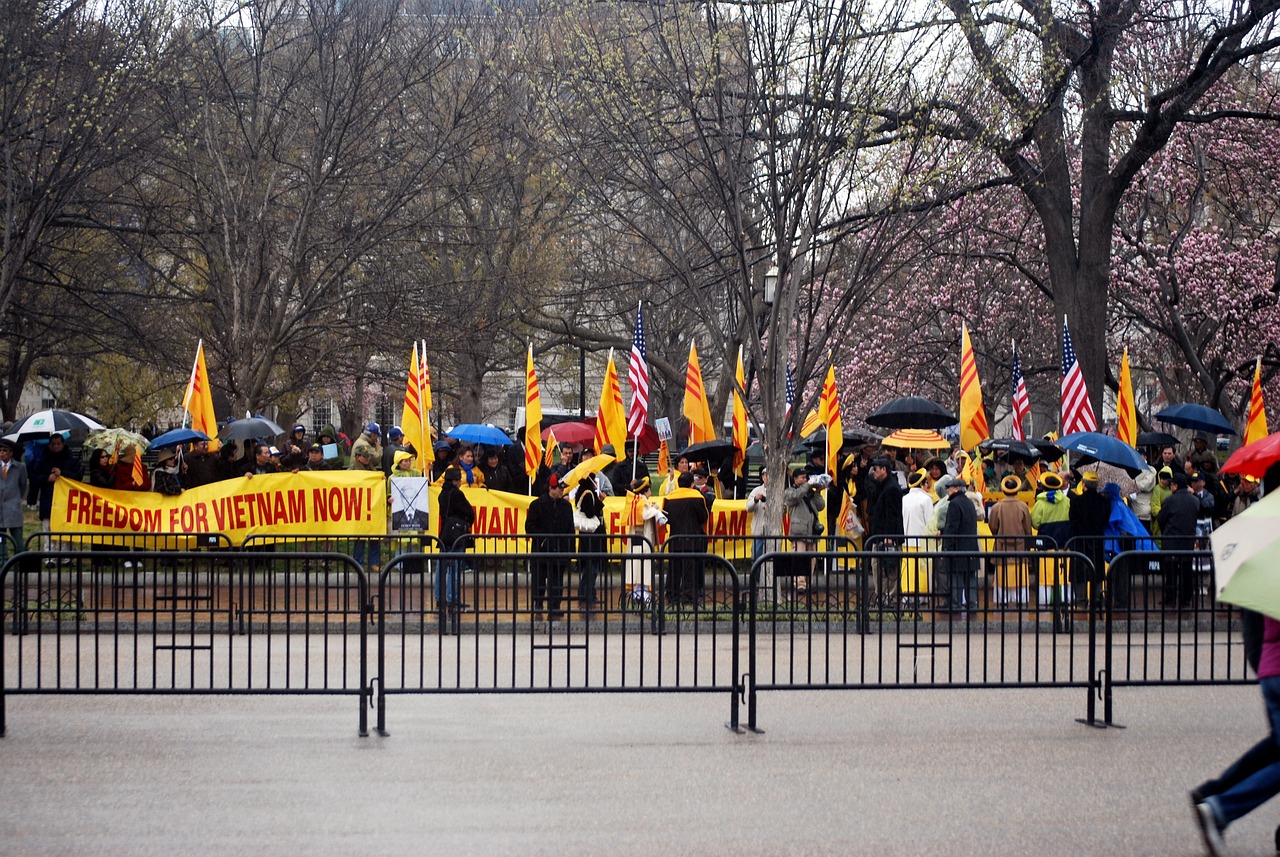
The State of Nature
In the realm of political philosophy, Thomas Hobbes’s concept of the state of nature stands as a pivotal idea that shapes his entire argument. Imagine a world without rules, where chaos reigns and every individual is left to fend for themselves. This hypothetical scenario is what Hobbes envisioned when he described the state of nature—a condition devoid of any form of governance or social structure. In this chaotic environment, life is characterized by constant fear and insecurity, leading Hobbes to famously declare that life in this state would be “solitary, poor, nasty, brutish, and short.”
Hobbes believed that in the absence of a governing authority, humans would act on their most primal instincts, driven by self-interest and a relentless pursuit of survival. The state of nature, therefore, is not just a theoretical framework; it serves as a lens through which we can understand the necessity of establishing a social contract. In this chaotic world, individuals would be in a perpetual struggle for resources, leading to a "war of all against all." The implications of this idea are profound, as it suggests that without a strong governing body, society would be doomed to a cycle of violence and disorder.
To illustrate this further, consider the following key characteristics of Hobbes's state of nature:
- Self-Interest: Individuals prioritize their own needs and desires over the well-being of others.
- Fear and Insecurity: With no law to protect them, individuals live in constant fear of attack and betrayal.
- Conflict: The competition for limited resources leads to inevitable clashes between individuals.
Hobbes argued that this grim reality necessitates the formation of a social contract—an agreement among individuals to collectively surrender some of their freedoms in exchange for security and order. The transition from the state of nature to a structured society is not merely a change in governance; it's a fundamental shift in how individuals relate to one another. By agreeing to abide by certain rules and submit to a governing authority, people create a pathway to a more stable and peaceful existence.
In essence, the state of nature serves as a cautionary tale about the dangers of anarchy and the importance of governance. It challenges us to reflect on the delicate balance between freedom and security. Are we willing to give up a portion of our liberty for the promise of safety? Hobbes’s exploration of this question remains relevant today, as we navigate the complexities of modern governance and individual rights.
- What is the state of nature according to Hobbes?
Hobbes's state of nature is a hypothetical condition where no government exists, leading to chaos and constant conflict among individuals. - Why is the state of nature important in Hobbes's philosophy?
It provides a foundation for his argument about the necessity of a social contract and a strong sovereign to maintain order and security. - How does Hobbes view human nature in the state of nature?
Hobbes sees humans as inherently selfish, driven by self-preservation and prone to conflict without a governing authority.

The Social Contract Theory
The Social Contract Theory is a pivotal element in Thomas Hobbes's political philosophy, serving as the backbone of his understanding of human interactions and governance. At its core, the social contract is an implicit agreement among individuals to form a society and abide by its rules in exchange for protection and order. Imagine a group of people stranded on a deserted island. To survive, they must agree on certain rules and roles, sacrificing some personal freedoms for the greater good. This scenario mirrors Hobbes's perspective, where individuals relinquish certain liberties to escape the chaotic state of nature.
Hobbes posits that in the absence of a governing authority, life would be "solitary, poor, nasty, brutish, and short." This stark description paints a grim picture of human existence without a social contract. Therefore, individuals come together to establish a sovereign power that can enforce laws and maintain peace. The essence of this agreement is that individuals consent to surrender some of their freedoms, allowing a centralized authority to govern them. In return, they gain the security and stability that comes from living in an organized society.
To further understand the implications of the social contract, consider the following key points:
- Mutual Benefit: The social contract is rooted in the idea that individuals benefit from cooperating with one another. By agreeing to follow the rules set by a governing body, they create a safer environment for all.
- Collective Agreement: It’s not just about individual consent; the social contract is a collective agreement that binds society together. Each member of the society is expected to uphold their end of the bargain.
- Foundation of Authority: The legitimacy of the governing authority stems from this social contract. If the authority fails to provide security or breaches the trust of the governed, the contract is considered broken.
Hobbes argues that this social contract leads to the establishment of an absolute sovereign. This sovereign, whether a monarch or an assembly, possesses the ultimate authority to enforce laws and ensure compliance. The rationale behind this absolute power is simple: only a strong leader can prevent society from descending back into the chaos of the state of nature. However, this raises important questions about the limits of power and the rights of individuals within the framework of Hobbes's theory.
In essence, the social contract serves as a foundation for understanding the relationship between individuals and the state. It raises critical discussions about freedom, authority, and the responsibilities of both the governed and the governors. As we navigate the complexities of modern governance, Hobbes's insights into the social contract remain profoundly relevant, prompting us to consider how much freedom we are willing to surrender for the sake of security and order.
- What is the social contract theory? The social contract theory is a philosophical concept that suggests individuals consent to form a society and abide by its rules in exchange for protection and order.
- Why did Hobbes believe in an absolute sovereign? Hobbes believed that a strong, absolute sovereign was necessary to maintain peace and prevent society from reverting to the chaos of the state of nature.
- How does the social contract relate to modern governance? The social contract informs contemporary discussions about the balance between individual rights and state authority, particularly in terms of security and freedom.

Absolute Sovereignty
In the realm of political philosophy, is a pivotal concept that Thomas Hobbes champions with fervor. He posits that for a society to function effectively and maintain peace, it must be governed by a powerful, centralized authority. This is not just a preference for Hobbes; it is a fundamental necessity born out of his views on human nature and the chaotic state of nature that he believes exists without such authority. Imagine a ship sailing through turbulent waters without a captain—chaos, confusion, and potential disaster are inevitable. Similarly, Hobbes argues that without a strong sovereign, society is doomed to descend into anarchy.
Hobbes's notion of absolute sovereignty implies that the sovereign holds complete and undivided power over the state. This authority is not merely political but extends to the very essence of law and order. The sovereign's decisions are final, and their enforcement is paramount for societal stability. In Hobbes's view, this is essential to prevent individuals from acting on their base instincts, which could lead to conflict and violence. The sovereign, therefore, serves as a shield against the chaos of the state of nature, ensuring that individuals can pursue their interests in relative safety.
One might wonder, what does this mean for individual freedoms? While Hobbes acknowledges that individuals must surrender certain liberties to the sovereign, he argues that this trade-off is necessary for the greater good. The social contract, which underpins his philosophy, is an agreement where individuals consent to relinquish some freedoms in exchange for security and protection. This raises an important question: is absolute sovereignty a necessary evil, or does it pave the way for a more organized and peaceful society? Hobbes would assert that the latter is true, as the alternative—a fragmented society driven by self-interest—would lead to a return to the brutal state of nature.
To illustrate Hobbes's concept of absolute sovereignty further, consider the following table summarizing its key characteristics:
| Characteristic | Description |
|---|---|
| Centralized Power | The sovereign holds ultimate authority over all aspects of governance. |
| Final Decision-Making | All laws and policies are determined by the sovereign, with no room for dissent. |
| Security and Order | The primary role of the sovereign is to maintain peace and protect citizens from chaos. |
| Social Contract | Individuals agree to surrender certain freedoms in exchange for security. |
In conclusion, Hobbes’s concept of absolute sovereignty is not just a theoretical idea; it is a reflection of his deep-seated belief in the necessity of strong governance to maintain societal order. While it may seem draconian to some, Hobbes firmly believes that without such authority, humanity is left vulnerable to its darkest impulses. As we navigate through modern governance, the echoes of Hobbes’s thoughts on absolute sovereignty continue to resonate, prompting us to reflect on the delicate balance between authority and individual freedom.
- What is absolute sovereignty? Absolute sovereignty refers to the idea that a single authority holds complete power over a state, crucial for maintaining order and preventing chaos.
- How does Hobbes justify absolute sovereignty? Hobbes argues that human nature is inherently selfish and chaotic, necessitating a strong sovereign to ensure peace and security.
- What are the implications of absolute sovereignty for individual rights? Individuals may have to surrender certain freedoms, but Hobbes believes this trade-off is essential for the greater good of society.
- Are there alternatives to Hobbes's view on sovereignty? Yes, other philosophers like Locke and Rousseau propose theories that emphasize cooperation and less centralized power.

Legitimacy of Authority
When we delve into Thomas Hobbes's political philosophy, the concept of emerges as a critical pillar. Hobbes asserts that for a government to function effectively, it must derive its power from the consent of the governed. This idea is revolutionary in its implications, suggesting that authority is not merely a matter of might but rather a social contract that individuals enter into for their mutual benefit. Imagine a group of people stranded on a deserted island; they must decide how to govern themselves. In this scenario, the legitimacy of any leader arises from the agreement among the group to follow that leader for the sake of survival and order.
Hobbes famously states that in the absence of a strong central authority, society would descend into chaos. This leads to the conclusion that the authority of the sovereign must be seen as legitimate, as it is established through the collective agreement of the people. The social contract, therefore, is not just a historical artifact but a living agreement that shapes the relationship between the state and its citizens. It emphasizes that individuals willingly surrender some of their freedoms in exchange for protection and stability. This trade-off is what grants the sovereign its legitimacy.
To further understand Hobbes's perspective, we can consider the following aspects of legitimacy:
- Consent: The foundation of Hobbes's legitimacy is the idea that people consent to be governed. This consent is not always explicit but often implied through participation in societal structures.
- Security: The primary role of the sovereign is to ensure the safety of its citizens. If a government fails to provide security, its legitimacy can be called into question.
- Order: A legitimate authority must maintain social order. Without order, the very fabric of society unravels, leading back to the chaotic state of nature.
In essence, Hobbes's view on the legitimacy of authority challenges us to think critically about our own governments. Are they truly legitimate? Do they have our consent? These questions resonate deeply in modern political discourse, where the balance between authority and individual rights is constantly being negotiated. As citizens, we must engage with these ideas, ensuring that our governments remain accountable to us, the governed. The ongoing dialogue around legitimacy prompts us to consider not only the power structures in place but also our role within them.
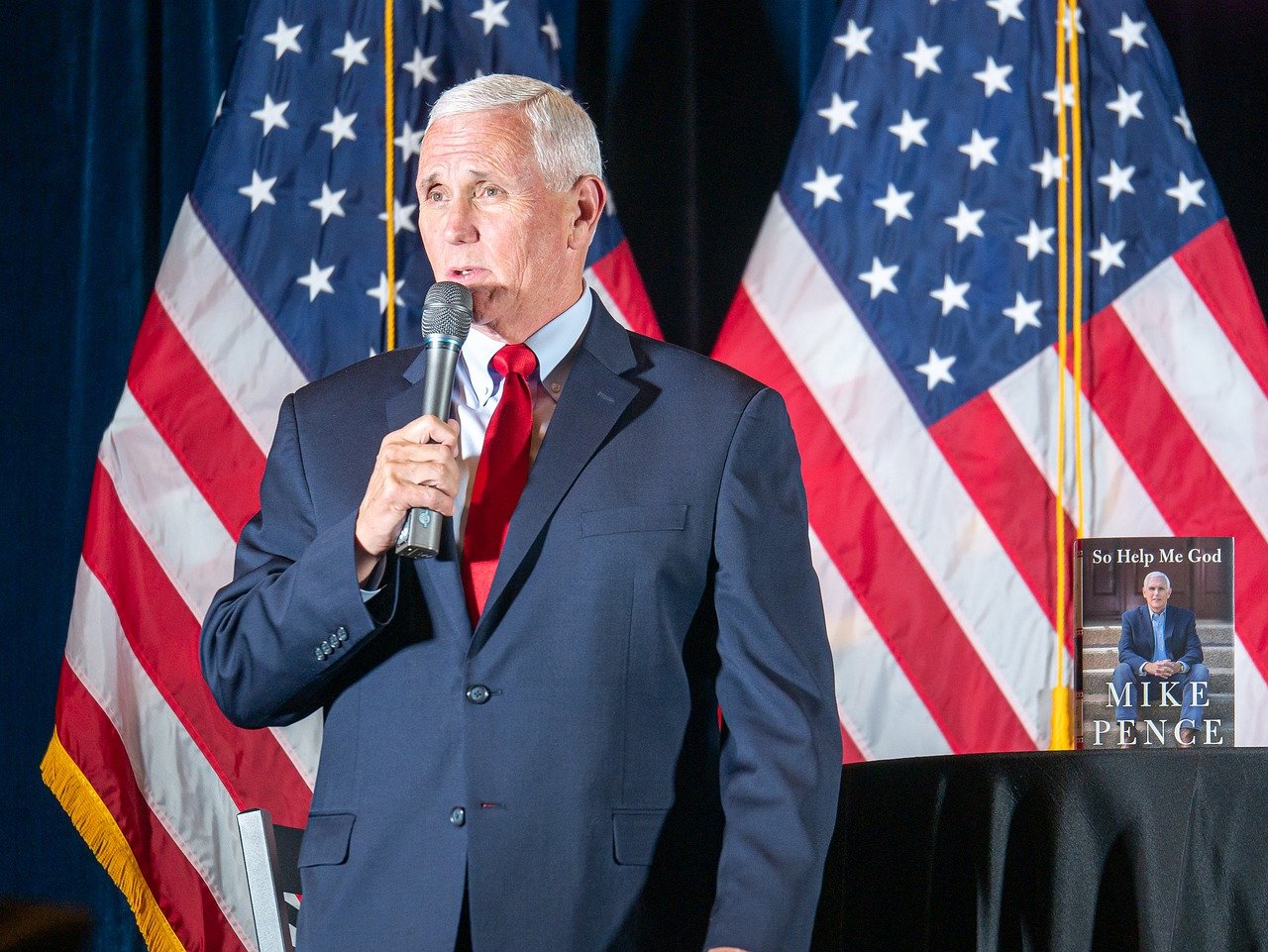
Impact on Modern Political Thought
Thomas Hobbes's political philosophy has left an indelible mark on modern political thought, shaping our understanding of authority, governance, and the intricate dance between the state and the individual. His ideas resonate deeply in contemporary discussions, especially when we consider the balance between security and freedom. In a world where political unrest and social upheaval are common, Hobbes's assertion that a strong central authority is necessary to maintain order continues to be a point of contention and debate.
One of the most significant impacts of Hobbes's work is the way it prompted future thinkers to grapple with the nature of power and authority. His notion of the social contract laid the groundwork for later political theorists who sought to explore the legitimacy of government and the rights of individuals. For instance, John Locke and Jean-Jacques Rousseau, while critiquing Hobbes, built upon his ideas to formulate their own theories about governance that emphasized human cooperation and the potential for positive governance.
Moreover, Hobbes's depiction of the state of nature as a chaotic and violent realm serves as a stark reminder of what could happen in the absence of a governing authority. This perspective has been particularly influential in justifying the need for a strong state in times of crisis. Political leaders often invoke Hobbesian logic when advocating for policies that expand governmental powers, particularly in the face of terrorism or civil unrest. The idea that individuals might willingly surrender some of their freedoms for the sake of security is a recurring theme in modern political discourse.
To illustrate the profound influence of Hobbes's philosophy, consider the following table that outlines key ideas and their modern implications:
| Hobbesian Idea | Modern Implication |
|---|---|
| State of Nature | Justification for strong state intervention during crises |
| Social Contract | Basis for discussions on governmental legitimacy and individual rights |
| Absolute Sovereignty | Debates on the extent of governmental power and personal freedoms |
This table highlights how Hobbes's ideas have been interpreted and adapted in the context of modern governance. His philosophy serves as a lens through which we can examine the ongoing struggle between the needs of the state and the rights of the individual.
In conclusion, while Hobbes's views may seem stark and pessimistic, they provide a crucial framework for understanding the complexities of political authority today. As we navigate the challenges of contemporary governance, the echoes of Hobbes's thought remind us that the quest for order and security often comes at the cost of individual liberties, a balance that continues to be debated in political arenas worldwide.
- What is the main idea of Hobbes's political philosophy? Hobbes's political philosophy centers around the idea that humans are inherently selfish and that a strong, absolute authority is necessary to maintain order and prevent chaos.
- How does Hobbes's view of the state of nature influence modern governance? Hobbes's depiction of the state of nature as chaotic justifies the need for a strong government to ensure security and stability, especially during crises.
- What is the social contract according to Hobbes? The social contract is an agreement where individuals consent to surrender certain freedoms in exchange for security and order provided by a governing authority.
- How have Hobbes's ideas influenced other political philosophers? Hobbes's work prompted thinkers like Locke and Rousseau to develop alternative theories emphasizing cooperation and the rights of individuals, contrasting with Hobbes's more authoritarian approach.
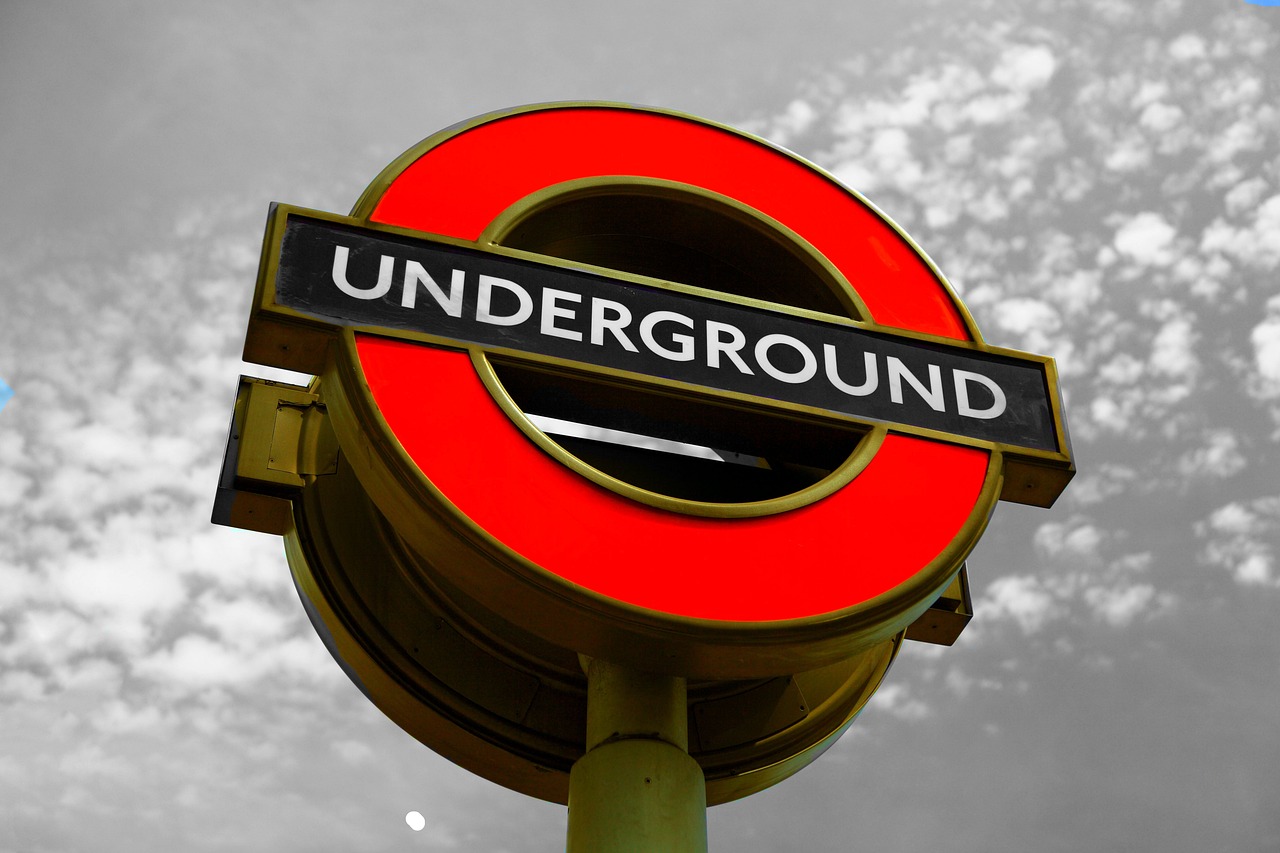
Critiques of Hobbes's Philosophy
Thomas Hobbes's political philosophy has sparked considerable debate and criticism, particularly regarding his views on human nature and the implications of absolute power. Critics argue that Hobbes presents a rather pessimistic view of humanity, suggesting that people are inherently selfish and driven solely by self-interest. This perspective can be seen as overly simplistic, reducing the complexity of human motivations to a singular focus on survival. While it’s true that self-preservation is a powerful instinct, many philosophers argue that humans are also capable of altruism and cooperation, which Hobbes seemingly overlooks.
Moreover, Hobbes's endorsement of an absolute sovereign raises significant concerns about the potential for tyranny. The idea that a single ruler or governing body holds unchecked power can lead to abuses and oppression. Critics argue that such a system can easily devolve into a dictatorship, where the rights and freedoms of individuals are trampled in the name of order and security. This fear is not unfounded, especially when we look at historical examples where absolute power has resulted in catastrophic human rights violations.
Another point of contention is Hobbes's assumption that individuals will willingly surrender their freedoms for the sake of security. This notion presupposes a level of trust in the sovereign that may not always exist. In practice, the social contract may not be as straightforward as Hobbes suggests. People might be reluctant to give up their rights, particularly if they do not see tangible benefits or if they fear that the sovereign may not act in their best interests. This raises the question: can a social contract truly be considered legitimate if it's based on coercion rather than genuine consent?
Furthermore, Hobbes's framework does not adequately address the potential for dissent and resistance against an unjust authority. Critics argue that a more nuanced understanding of governance should include mechanisms for accountability and the protection of individual rights. The absence of these elements in Hobbes's philosophy leads to a concerning implication: that the ends justify the means, which can be a slippery slope towards justifying oppression.
In light of these critiques, alternative theories have emerged that challenge Hobbes's views. For example, philosophers like John Locke and Jean-Jacques Rousseau present more optimistic views of human nature. They emphasize the importance of social cooperation and the idea that individuals can work together for mutual benefit without the need for absolute authority. Locke, in particular, posits that government should exist to protect individual rights, and if it fails to do so, citizens have the right to revolt. This perspective introduces the concept of a government that is accountable to the people, contrasting sharply with Hobbes's vision of a sovereign with absolute power.
Despite the criticisms, it’s essential to recognize that Hobbes's insights into the nature of authority and governance continue to resonate today. His work invites us to reflect on the delicate balance between security and freedom, a topic that remains highly relevant in our modern political landscape. As we navigate the complexities of contemporary governance, Hobbes’s philosophy serves as a cautionary tale about the dangers of unchecked power and the importance of safeguarding individual rights.
- What are the main critiques of Hobbes's philosophy?
Critiques focus on his pessimistic view of human nature, the risks of absolute power, the legitimacy of the social contract, and the lack of mechanisms for accountability in governance.
- How do alternative theories differ from Hobbes's views?
Philosophers like Locke and Rousseau emphasize cooperation and the protection of individual rights, advocating for governments that are accountable to the people rather than absolute sovereigns.
- Why is Hobbes's philosophy still relevant today?
Hobbes's insights into authority, governance, and the balance between security and freedom continue to inform modern discussions about state power and individual rights.
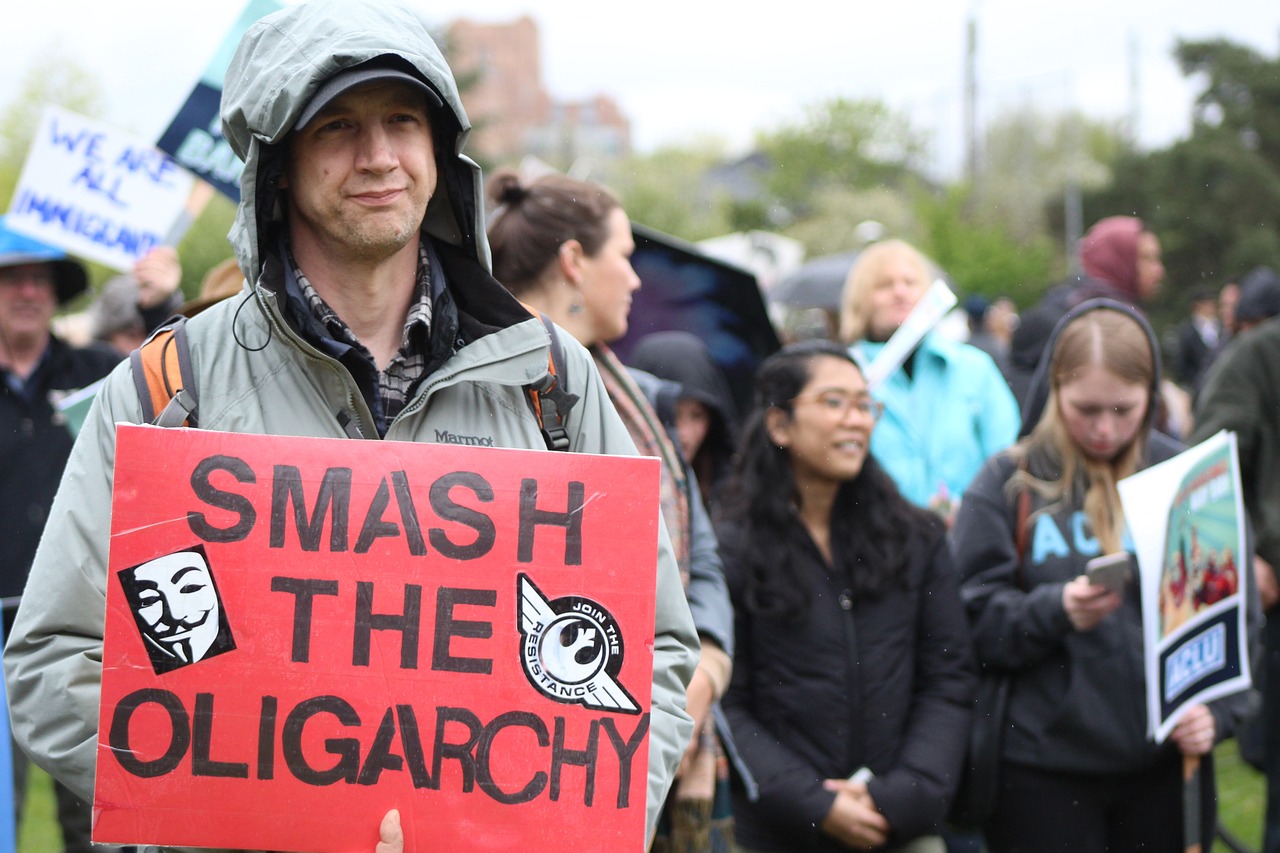
Alternative Theories
While Thomas Hobbes laid the groundwork for modern political philosophy with his views on human nature and the necessity of a strong sovereign, his ideas are not the only lens through which we can understand governance and society. In fact, several prominent philosophers have challenged Hobbes's perspective, offering alternative theories that emphasize different aspects of human interaction and governance. For instance, John Locke and Jean-Jacques Rousseau provide compelling counterarguments that highlight the potential for cooperation and the inherent goodness of humanity.
Locke, in his seminal work Two Treatises of Government, posits a more optimistic view of human nature. He argues that individuals are rational beings capable of self-governance. In Locke's state of nature, people are generally peaceful and willing to cooperate for mutual benefit. This contrasts sharply with Hobbes's depiction of a chaotic and violent state of nature. Locke's social contract is based on the idea of protecting natural rights—life, liberty, and property. This fundamental difference in outlook leads to a very different conception of government: one that prioritizes individual rights and limited authority.
On the other hand, Rousseau takes a more radical approach in his work The Social Contract. He famously declares that "man is born free, and everywhere he is in chains." Rousseau argues that the inequalities and conflicts of society stem from the corrupting influence of civilization itself. He advocates for a direct democracy where the general will of the people governs, emphasizing collective decision-making and the importance of community. In this view, the social contract is not merely a surrender of freedoms but a collective agreement aimed at achieving true freedom through participation in governance.
These alternative theories challenge the notion of absolute sovereignty that Hobbes champions. They suggest that governance can be achieved through cooperation and mutual respect rather than fear and coercion. By exploring these different perspectives, we can better understand the complexities of political authority and the various ways societies can organize themselves. The table below summarizes some key differences between Hobbes, Locke, and Rousseau:
| Philosopher | View of Human Nature | State of Nature | Social Contract | Government Type |
|---|---|---|---|---|
| Thomas Hobbes | Selfish and violent | Chaotic, requiring control | Surrender freedoms for security | Absolute Sovereignty |
| John Locke | Rational and cooperative | Generally peaceful | Protect natural rights | Limited Government |
| Jean-Jacques Rousseau | Inherently good, corrupted by society | Free but unequal | Collective agreement for freedom | Direct Democracy |
In conclusion, the alternative theories presented by Locke and Rousseau not only provide a counter-narrative to Hobbes's views but also enrich our understanding of political philosophy. They highlight the diverse ways in which humans can interact and govern themselves, reminding us that the conversation about authority, rights, and governance is far from settled. By examining these differing viewpoints, we can engage in a more nuanced discussion about the role of the state, the nature of power, and the potential for human cooperation in achieving a just society.
- What is the main difference between Hobbes and Locke? Hobbes views humans as inherently selfish and believes in the necessity of an absolute sovereign, while Locke sees humans as rational and emphasizes the protection of natural rights through limited government.
- How does Rousseau's view of the social contract differ from Hobbes's? Rousseau believes in a collective agreement aimed at achieving true freedom through participation, whereas Hobbes focuses on surrendering freedoms for security under an absolute authority.
- Are Hobbes's ideas still relevant today? Yes, Hobbes's ideas continue to influence discussions about state authority, individual rights, and the balance between security and freedom in modern governance.
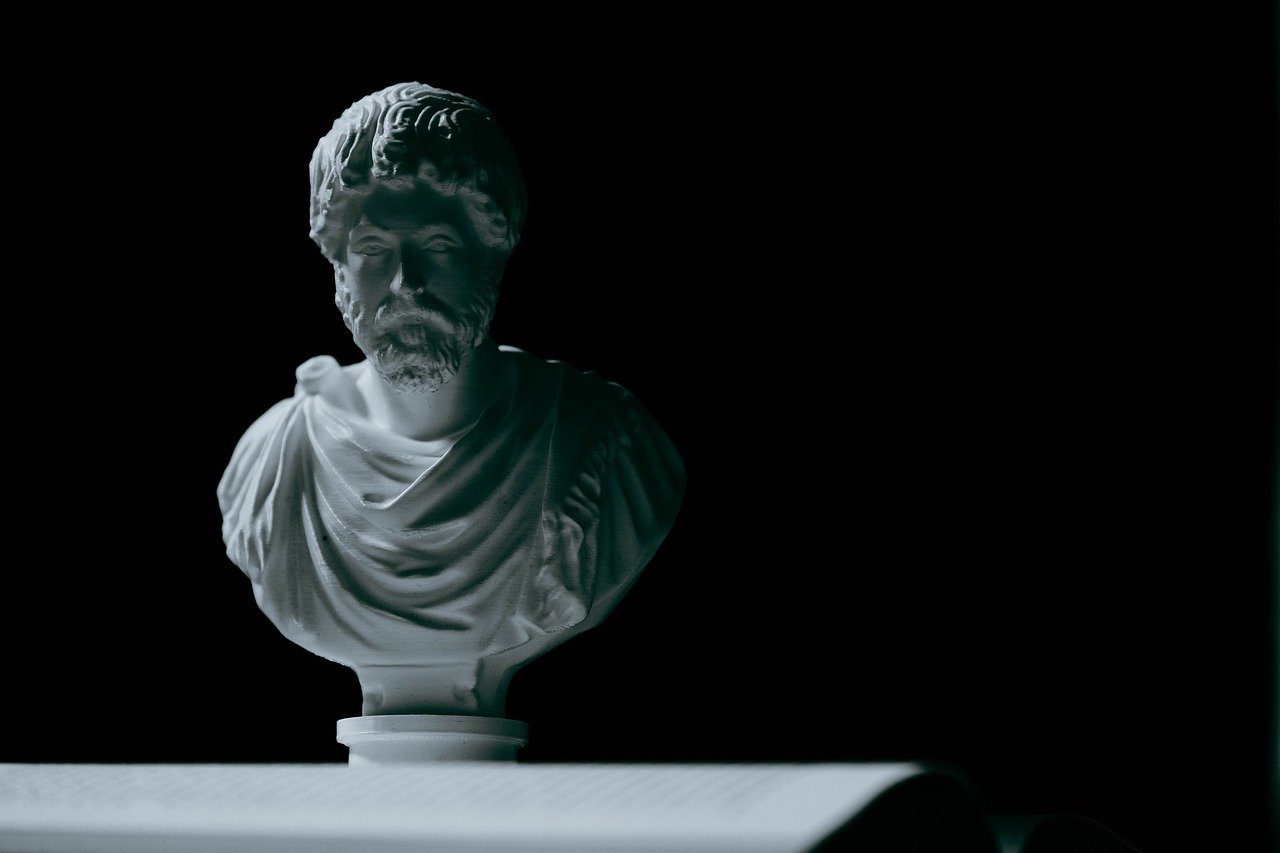
Relevance Today
In today's fast-paced world, the echoes of Thomas Hobbes's political philosophy resonate more than ever. His insights into human nature, authority, and the necessity of a social contract provide a crucial lens through which we can examine modern governance. As we navigate through complex societal challenges, Hobbes's ideas prompt us to ask: what is the role of the state in ensuring our safety, and at what cost?
Hobbes's assertion that humans are fundamentally self-interested beings sheds light on current political dynamics. Whether it's the rise of populism or the increasing polarization within societies, his perspective encourages us to consider how self-preservation influences political behavior. In a world where misinformation can spread like wildfire, the need for a strong, guiding authority becomes even clearer. But, can we trust that authority to act in our best interests?
Moreover, the concept of the social contract remains relevant as citizens grapple with the balance between individual freedoms and collective security. Today, many are questioning the legitimacy of governmental authority, especially in light of global crises such as pandemics and climate change. Hobbes’s idea that authority is derived from the consent of the governed invites us to reflect on our own participation in the political process. Are we truly consenting, or are we merely acquiescing to the status quo?
To illustrate this relevance, consider the following table that outlines some modern implications of Hobbes's philosophy:
| Hobbes's Concept | Modern Implication |
|---|---|
| State of Nature | Reflections on societal chaos during crises, such as riots or pandemics. |
| Social Contract | Debates surrounding government surveillance and individual privacy rights. |
| Absolute Sovereignty | Discussions about authoritarianism and the limits of governmental power. |
| Legitimacy of Authority | Movements advocating for democracy and accountability in governance. |
Hobbes's philosophy also serves as a cautionary tale regarding the dangers of absolute power. In an era where authoritarian regimes are on the rise, his warnings about the potential for tyranny remind us that unchecked power can lead to oppression. The struggle for individual rights versus state control is a debate that persists, urging us to remain vigilant in our pursuit of freedom.
In conclusion, the relevance of Hobbes's political philosophy today cannot be overstated. His ideas compel us to engage in meaningful dialogue about the nature of authority, the role of the state, and our responsibilities as citizens. As we confront the challenges of the modern world, we must ask ourselves: how do we balance the need for security with the preservation of our freedoms? The answers may not be easy, but Hobbes's insights provide a foundational framework for this critical discussion.
- What is the main idea of Hobbes's political philosophy?
Hobbes's political philosophy centers on the belief that humans are inherently selfish and that a strong authority is necessary to maintain order and prevent chaos. - How does Hobbes's view of human nature influence modern governance?
Hobbes's view suggests that governments must be strong and decisive to manage human self-interest and maintain societal stability. - What is the social contract according to Hobbes?
The social contract is an agreement among individuals to surrender certain freedoms to a governing authority in exchange for security and order. - Why is Hobbes's philosophy considered relevant today?
His ideas about authority, governance, and the balance between security and freedom continue to inform contemporary discussions about political power and individual rights.
Frequently Asked Questions
- What is Thomas Hobbes's view of human nature?
Hobbes believed that humans are fundamentally selfish and motivated by a desire for self-preservation. This perspective shapes his understanding of society and governance, suggesting that without a strong authority, individuals would act in their own self-interest, leading to chaos.
- What does Hobbes mean by the 'state of nature'?
The 'state of nature' is a theoretical concept in Hobbes's philosophy that describes a condition where there is no government or authority. In this state, life is marked by conflict and insecurity, prompting individuals to seek a social contract to establish order and peace.
- What is the social contract theory according to Hobbes?
The social contract theory is a central element of Hobbes's political philosophy. It posits that individuals agree to surrender certain freedoms in exchange for security and order provided by a governing authority. This contract is essential for maintaining social stability.
- Why does Hobbes advocate for absolute sovereignty?
Hobbes argues that a strong, absolute sovereign is crucial to prevent the return to the chaotic state of nature. He believes that only a powerful authority can enforce laws and maintain peace, ensuring the safety and security of its citizens.
- How does Hobbes justify the legitimacy of governmental authority?
According to Hobbes, the legitimacy of governmental authority comes from the consent of the governed. Individuals agree to the social contract for their mutual benefit, establishing a government that is seen as legitimate as long as it provides security and order.
- What are some critiques of Hobbes's political philosophy?
Critics argue that Hobbes's view of human nature is overly pessimistic and that his advocacy for absolute power can infringe on individual freedoms. They contend that such a concentration of power may lead to tyranny and oppression.
- Who are some philosophers that propose alternative theories to Hobbes?
Philosophers like John Locke and Jean-Jacques Rousseau offer alternative perspectives that emphasize human cooperation and the potential for positive governance. They argue for a more optimistic view of human nature, suggesting that individuals can work together for the common good.
- Why is Hobbes's philosophy still relevant today?
Despite criticisms, Hobbes's ideas remain significant in contemporary discussions about state authority, individual rights, and the balance between security and freedom. His insights continue to influence debates on governance and the role of the state in society.











